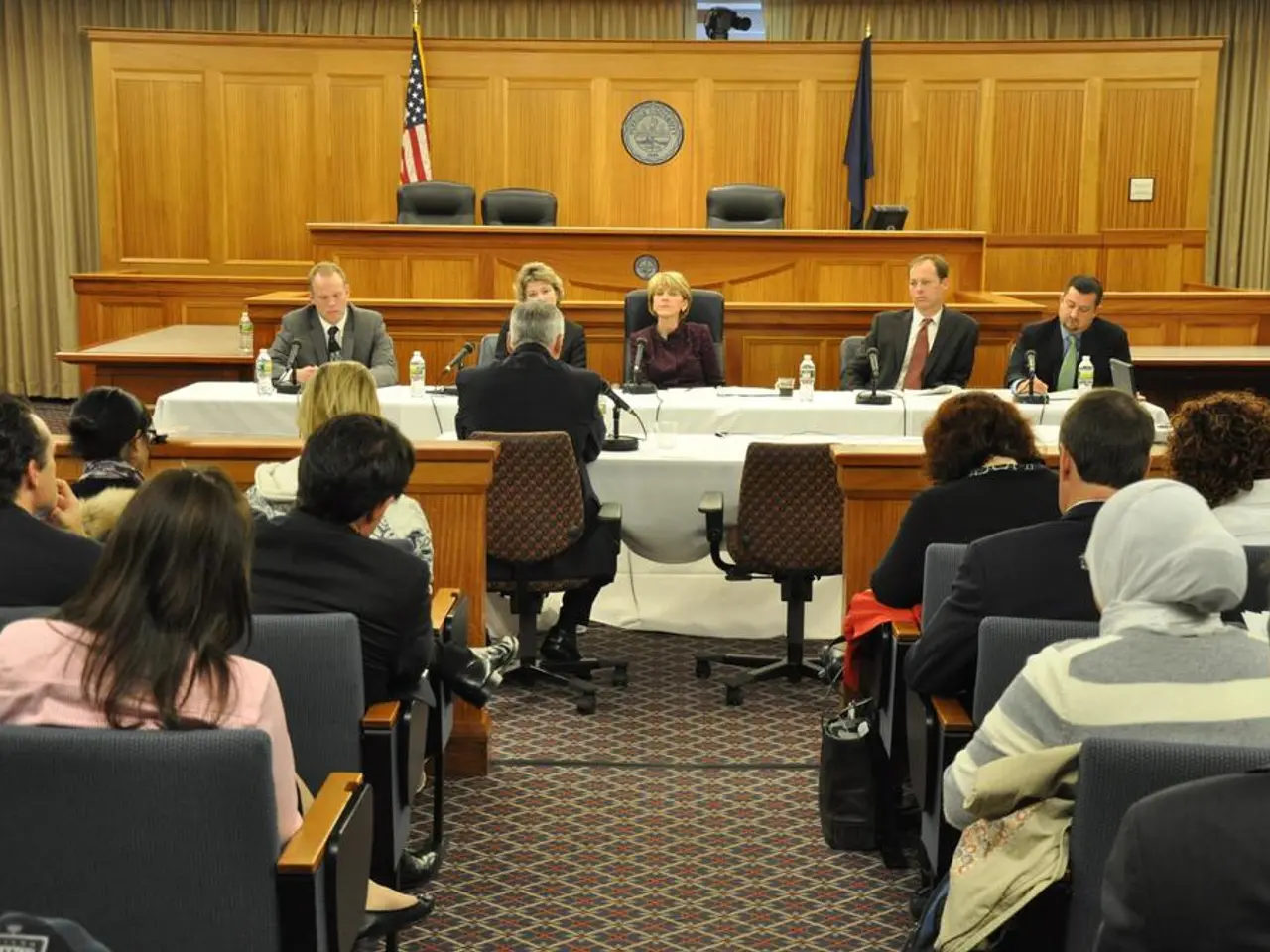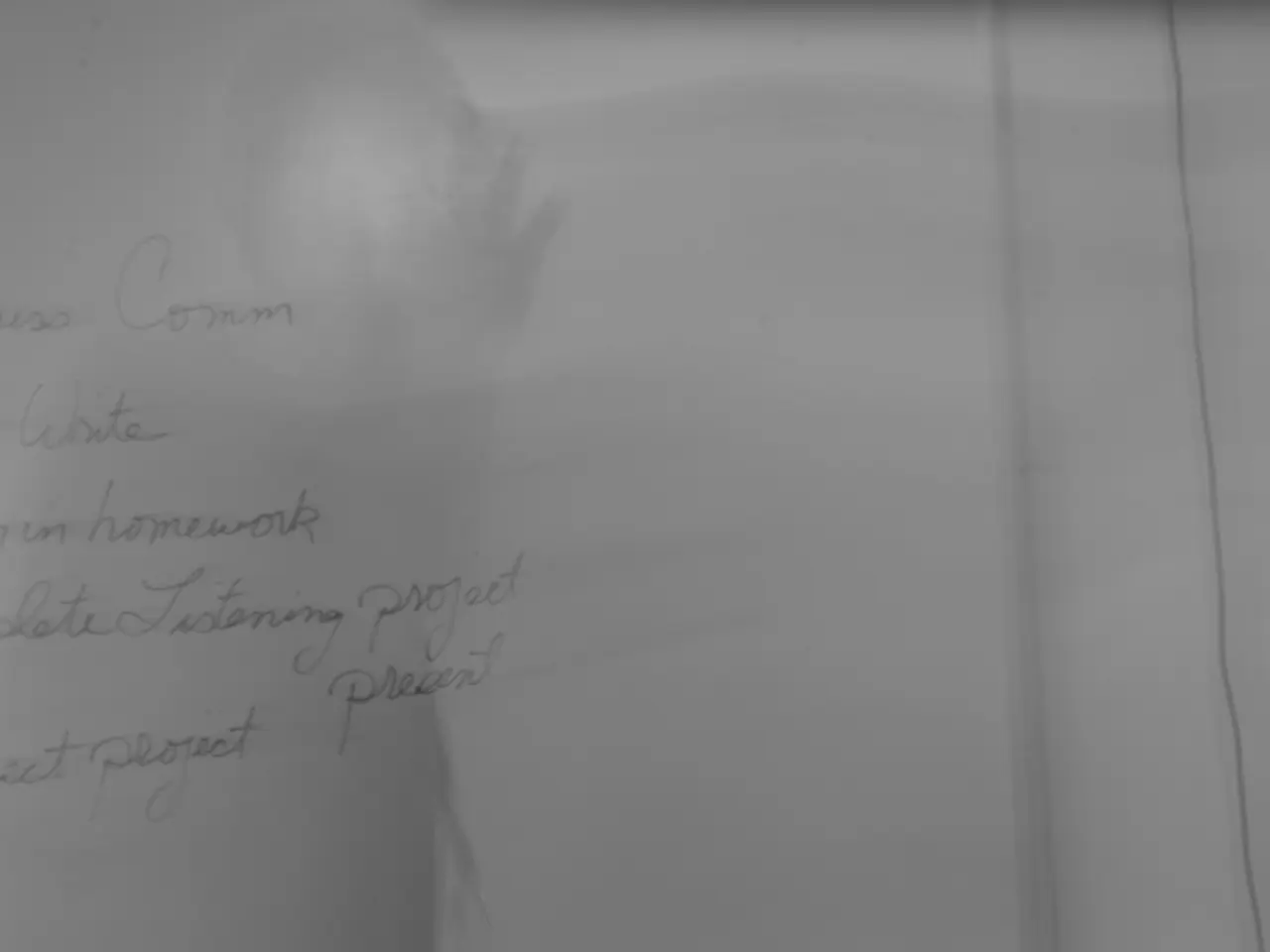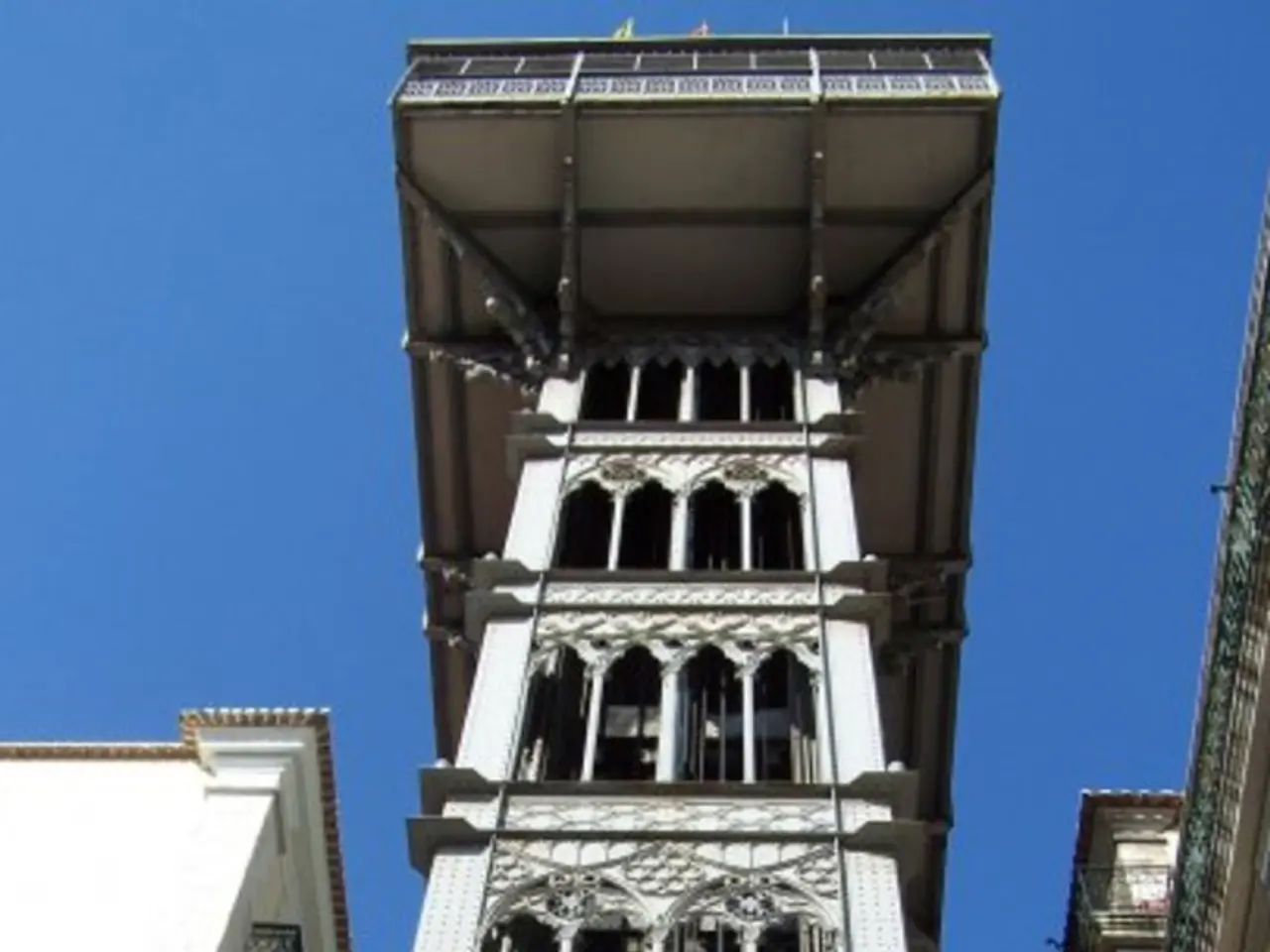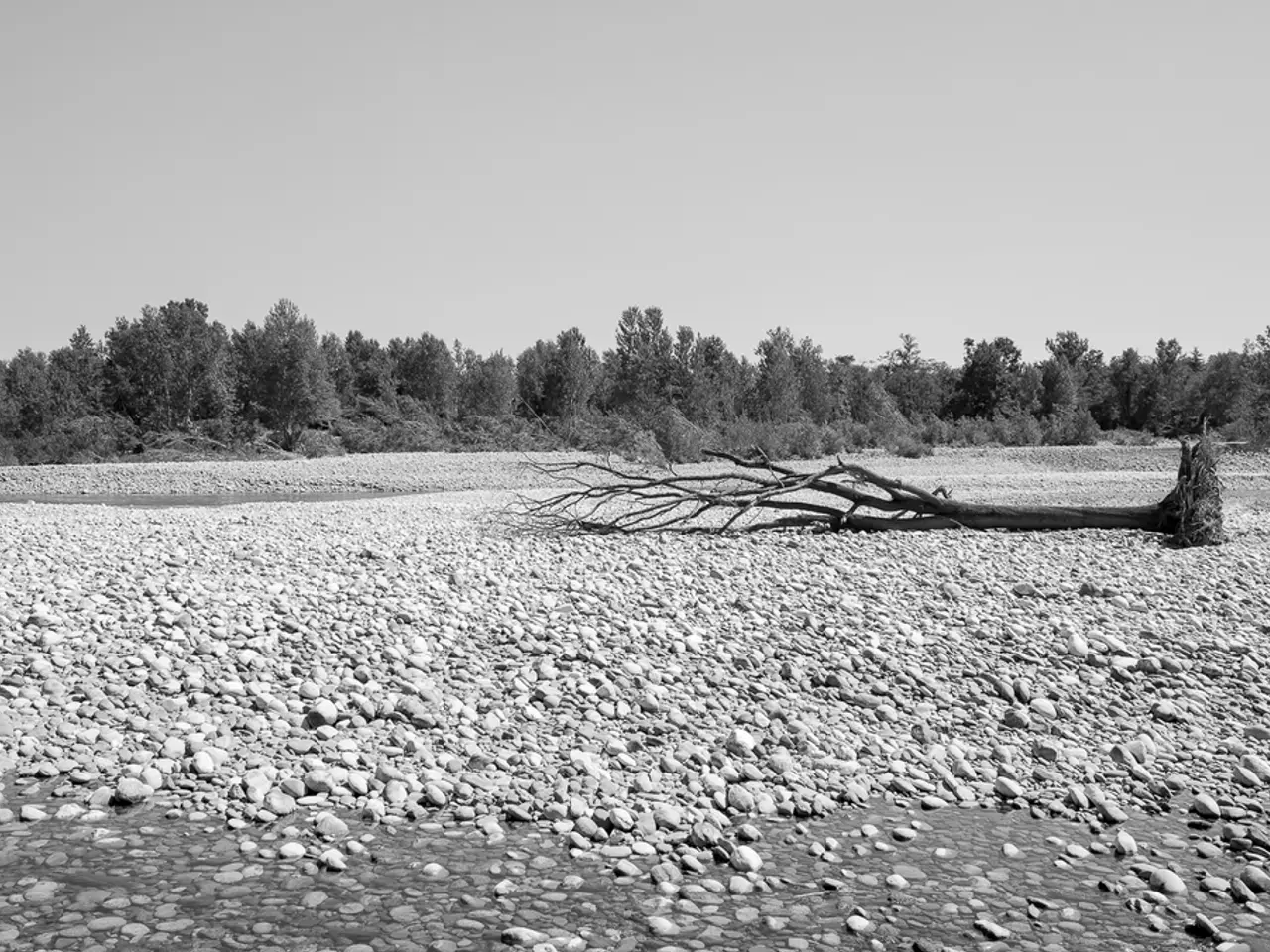Limited possibilities exist for Trump and Putin's discussion on the Ukraine war: potential meeting locations.
In a move that highlighted the complexities of international diplomacy, the long-anticipated summit between President Trump and Russian President Vladimir Putin took place at a U.S. military base in Alaska, despite an arrest warrant issued by the International Criminal Court (ICC) against Putin for alleged war crimes.
The ICC, based in The Hague, Netherlands, has jurisdiction over genocide, crimes against humanity, war crimes, and the crime of aggression. In March 2023, the court issued an arrest warrant against Putin for alleged war crimes and crimes against humanity related to the invasion of Ukraine and the unlawful deportation of Ukrainian children to Russia. This warrant puts Putin at risk of arrest if he travels to any ICC member state.
However, the U.S., which is not a member state of the ICC, offered a venue where Putin could safely travel without the risk of arrest. The summit, held in Anchorage, Alaska, was a significant development in the ongoing Russia-Ukraine conflict, providing a platform for direct dialogue between Trump and Putin.
The meeting took place with three representatives on each side, including foreign ministers and envoys, and included personal talks, delegation-level talks, a working lunch, and a joint press conference. Notably absent from the talks were Ukraine and European stakeholders, with European leaders stressing that any peace agreement must involve Kyiv and start with a ceasefire.
The choice of Alaska as the summit location was not unexpected, given that potential meeting locations in the Middle East, such as the United Arab Emirates, Saudi Arabia, and Turkey, were also considered. These countries, like Alaska, are not bound to arrest Putin under the ICC statute.
The decision to hold the summit in Alaska was a strategic move, enabling the U.S. to offer a venue where Putin could travel without the risk of arrest. The ICC does not have its own police force or enforcement body and relies on countries' cooperation to make arrests and enforce sentences.
Critics and government leaders have repeatedly questioned the power and authority of the ICC, with some arguing that its jurisdiction is overstepping national sovereignty. Nina Khrushcheva, an international affairs professor, stated that Russians do not care about the ICC due to perceived U.S. hypocrisy regarding the court.
The response of the U.S. to the ICC's arrest warrant against Putin was more supportive compared to the response to the warrant against Israeli Prime Minister Benjamin Netanyahu, who is also under investigation by the ICC for alleged war crimes and crimes against humanity in the Gaza Strip.
The Middle East has played an increasingly big role in hosting high-stakes international negotiations, such as delicate negotiations between Israel and Hamas in Qatar. Egypt also played a crucial role in mediating the conflict between Israel and Hamas. The region's good relations with several countries, including Russia and the U.S., make it a promising location for future international talks.
As the Russia-Ukraine conflict continues, the ICC arrest warrant against Putin will likely remain a significant factor in international diplomacy, shaping the location and nature of future negotiations. The Alaska summit serves as a reminder of the complex interplay between international law, national sovereignty, and diplomatic relations in resolving global conflicts.
[1] The New York Times [2] BBC News [3] Reuters [4] CNN [5] The Washington Post
- The U.S., not being a member state of the International Criminal Court (ICC), offered a venue for the summit with Russian President Vladimir Putin, citing the ICC's lack of jurisdiction over economic sanctions, policy-and-legislation, and political matters such as this meeting.
- The ICC's jurisdiction over war crimes, crimes against humanity, and genocide extends to economic interests, like confiscation of wealth or exploitation of resources, as highlighted in Putin's arrest warrant.
- Amidst the general news and debates around the Russia-Ukraine conflict, several options for summit locations were considered, including Middle Eastern countries that are not bound by the ICC statute, like fire- warm countries such as the United Arab Emirates, Saudi Arabia, and Turkey.
- The Economic and Social Governance (ESG) principles, which consider ethical and environmental factors in investment decisions, could play a significant role in the future economic policies of both Russia and the West, depending on how the conflict unfolds and the leaders' responses to the charges against them.
- Retirement savings, specifically Individual Retirement Accounts (IRAs), may experience volatility due to the ongoing geopolitical tension between Russia and Ukraine, as political instability in one region can affect global stock markets and interest rates.






